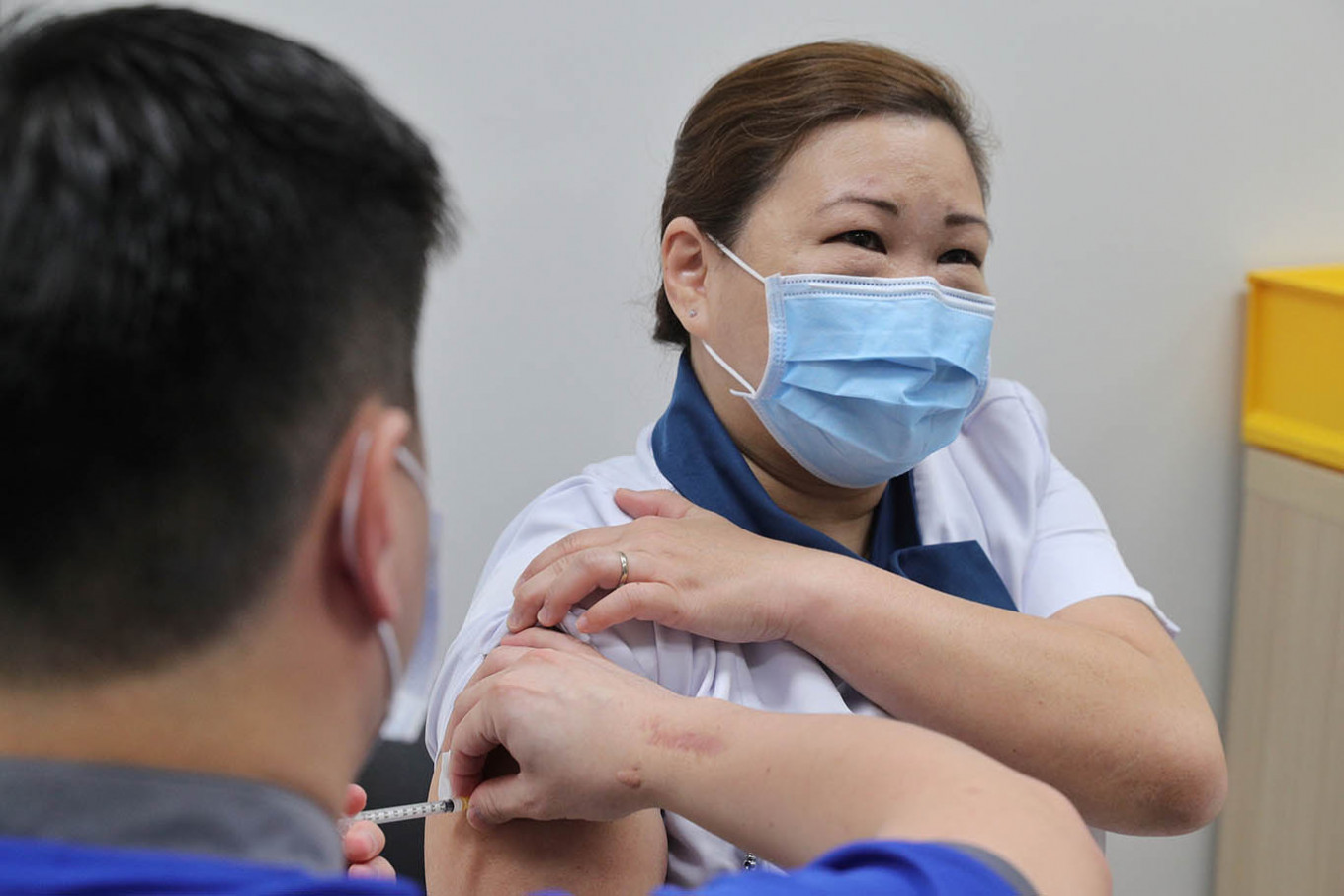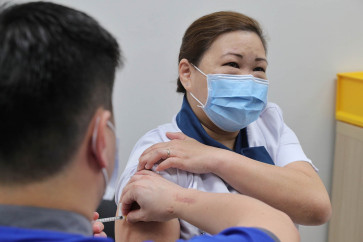Popular Reads
Top Results
Can't find what you're looking for?
View all search resultsPopular Reads
Top Results
Can't find what you're looking for?
View all search resultsOutlook 2021: ASEAN vaccine solidarity in focus as virus looks likely to stay
The COVID-19 pandemic must serve as a "wake-up call" for ASEAN's leaders to work collectively toward vaccine security, experts say.
Change text size
Gift Premium Articles
to Anyone
A
t the ASEAN Summit in Bangkok in November 2019, the leaders of 10 member states adopted a declaration, along with many other documents, on vaccine security and self-reliance, noting concerns that a vaccine shortage “would require a collective determination to address”.
Unbeknownst to the leaders, the 35th summit would be the last time they would all meet in person for an extended period of time, with northern neighbor China informing the World Health Organization just two months later about unidentified pneumonia cases the world would later come to associate with COVID-19.
The virus that causes the disease, SARS-CoV-2, would go on to spread rapidly around the globe, including Southeast Asia, where it has infected more than 1.5 million people and killed nearly 36,000, according to an ASEAN risk assessment report released on Wednesday.
No country was prepared for the unprecedented social and economic disruptions caused by the disease, but the promise of vaccines had become a beacon of hope for wider recovery.
Most governments have pinned their hopes on achieving herd immunity – to get enough people immune to the disease so that it stops spreading – and have joined the race to secure vaccine stockpiles from various producers from around the world.
Read also: 'Vaccine nationalism': Is it every country for itself?
Looking east and west















